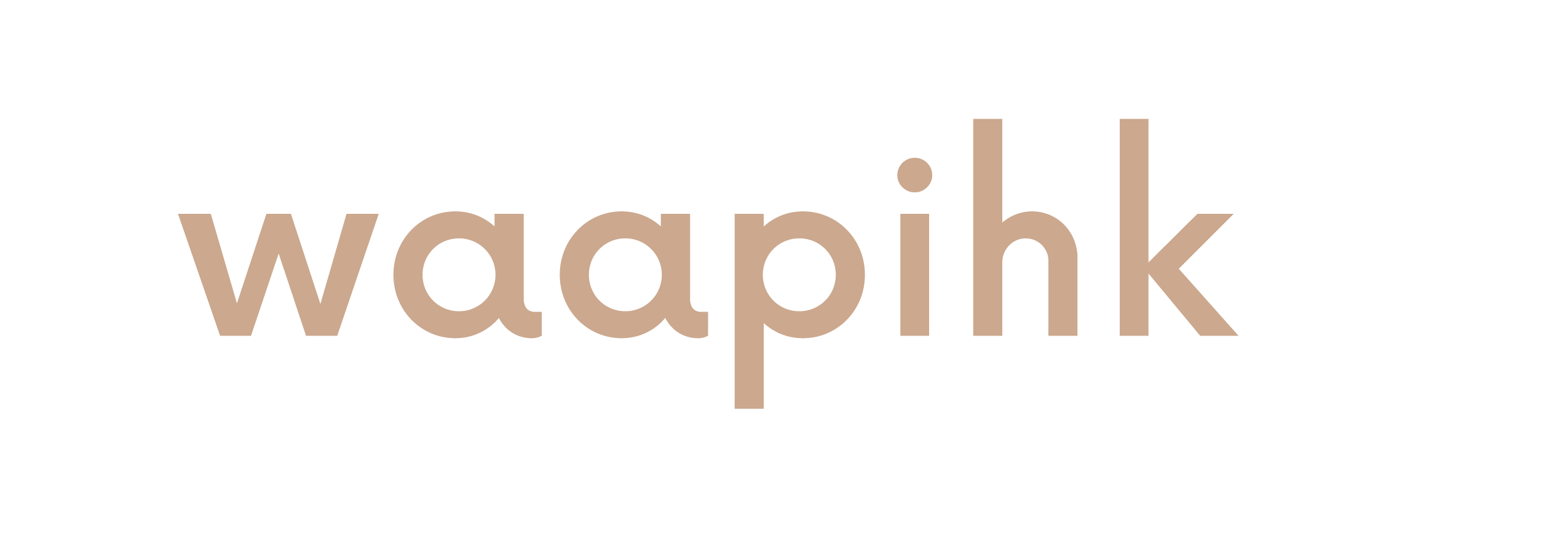Introduction and History
In operation from 1879 to 1997, Canada’s Indian Residential School (IRS) system remains one of nation’s most shameful colonial legacies. It is believed more than 150,000 First Nations, Métis, and Inuit children were forced to attend church-run, government-funded schools during this period. IRS attendees suffered abuse, neglect, dangerous living conditions, and cultural genocide. Many never returned home to their families and communities, and due to poor record keeping, effectively disappeared without a trace. The terrible consequences of the IRS system continue to reverberate through Indigenous families and communities in the form of intergenerational trauma, physical and mental health inequities, social inequality, and worsened economic outcomes.

The Truth and Reconciliation Commission of Canada (TRC) was created following the Indian Residential Schools Settlement Agreement (IRSSA), a legal settlement between Residential School Survivors, the Assembly of First Nations (AFN), Inuit representatives, and the parties responsible for the creation and operation of the IRS system: the federal government and church entities. Signed in 2006, the agreement is the largest class action settlement in Canadian history to date. A key element of the agreement was the establishment of the TRC “to facilitate reconciliation among former students, their families, their communities and all Canadians.”
Implementation and the Work of the TRC: 2007-2015
The TRC began to be implemented in 2007, guided by seven goals mandated in the IRSSA:
- Acknowledge IRS experiences, impacts and consequences.
- Provide a holistic, culturally appropriate and safe setting for former students, their families and communities as they come forward.
- Witness, support, promote, and facilitate Truth and Reconciliation events at both national and community levels.
- Promote awareness and public education of Canadians about the IRS system and its impacts.
- Identify sources and create as complete a historical record as possible of the IRS system and legacy.
- Produce a report including recommendations to the Government of Canada concerning the IRS system and experience, including: the history, purpose, operation and supervision of the IRS system, effect and consequences of IRS (including systemic harms, intergenerational consequences and impact on human dignity), and ongoing legacy.
- Support commemoration of former IRS students and their families.
Over the course of six years, the TRC held community events, heard thousands of hours of testimony from more than 6,000 IRS survivors, gathered documentation, and created an exhaustive, detailed record of the IRS system and the harms it continues to inflict upon Indigenous peoples and communities. The TRC uncovered traumas and violence from an oft-minimized part of Canada’s history.
“It can start with a knock on the door one morning. It is the local Indian agent, or the parish priest, or, perhaps, a Mounted Police officer. The bus for residential school leaves that morning. It is a day the parents have long been dreading. Even if the children have been warned in advance, the morning’s events are still a shock. The officials have arrived and the children must go. For tens of thousands of Aboriginal children for over a century, this was the beginning of their residential schooling. They were torn from their parents, who often surrendered them only under threat of prosecution. Then, they were hurled into a strange and frightening place, one in which their parents and culture would be demeaned and oppressed.”
–Truth and Reconciliation, Summary of the Final Report
Before the conclusion of the TRC’s mandate, the National Centre for Truth and Reconciliation (NCTR) was created to permanently house all the materials, statements, and documents collected through the TRC. The NCTR continues to invite Survivors, their families, and others who have been impacted by residential schools to share their truth and experiences. The NCTR’s mandate is to be a steward of these truths and their records. The NCTR works with Indigenous and non-Indigenous educators, researchers, all levels of government, and the public to support the ongoing work of reconciliation and healing.

The TRC’s Call to Actions and Indigenous Health
It is well documented Indigenous peoples in Canada experience higher rates of chronic illnesses, maternal and infant mortality, and in general, poorer health outcomes compared to non-Indigenous peoples. The TRC recognized there are troubling gaps in health provisions and outcomes between Indigenous and non-Indigenous peoples, and such gaps have been shaped, in part, by Canada’s colonial legacies and the IRS system. The TRC determined that part of reconciliation must be health reform for Indigenous peoples.
The TRC’s Calls to Action reference health in Call to Action 3 under “Child Welfare” and Calls to Action 18 through 24 under “Health.”
- #3 Calls upon all levels of government to implement Jordan’s Principle. It is a Child First Initiative which aims to address the needs of First Nations children by ensuring access to government services, including health services.
- #18 Calls upon federal, provincial, territorial, and Indigenous governments to acknowledge that the current state of Indigenous health in Canada is a direct result of Canadian government policies and implement the health-care rights of Indigenous people as identified in international law, constitutional law, and under the Treaties.
- #19 Calls upon the federal government, in consultation with Indigenous peoples, to establish measurable goals to identify and close the gaps in health outcomes between Indigenous and non-Indigenous communities, and to publish annual progress reports and assess long-term trends.
- #20 Calls upon the federal government to recognize, respect, and address the distinct health needs of the Métis, Inuit, and off-reserve Indigenous peoples.
- #21 Calls upon the federal government to provide funding for existing and new Indigenous healing centres.
- #22 Calls upon those who can effect change within the Canadian health-care system to recognize the value of Indigenous healing practices and use them in the treatment of Indigenous patients in collaboration with Indigenous healers and Elders when requested.
- #23 Calls upon all levels of government to increase the number of Indigenous professionals working in the health-care field, ensure the retention of Indigenous health-care providers in Indigenous communities, and provide cultural competency training for all healthcare professionals.
- #24 Calls upon medical and nursing schools in Canada to require all students to take a course dealing with Indigenous health issues, including the history and legacy of residential schools, the United Nations Declaration on the Rights of Indigenous Peoples, Treaties and Aboriginal rights, and Indigenous teachings and practices. This will require skills-based training in intercultural competency, conflict resolution, human rights, and anti-racism.

The progress on the delivery of the TRC’s Calls to Action can be reviewed on the federal government’s website. While work has been undertaken on all calls, there remains room for progress to achieve the full implementation of each. Seven years has passed since the TRC released the 94 Calls to Action – and only 13 (or 14%) have been completed as of December 2022.
“If we were in a chapter of a book on reconciliation – we are, today, on the first sentence of that book.”
-AFN National Chief, RoseAnne Archibald
At the current rate of progress, it would take 42 years, or until 2065, to complete all 94 Calls to Action.
Concluding Thoughts
To achieve reconciliation, provide culturally appropriate health care, and address longstanding healthcare gaps for Indigenous peoples in Canada, more needs to be done to fully implement the findings of the TRC to advance Indigenous health and well-being. The legacy of residential schools is not confined to history – it continues to shape the lives of Survivors, their families, and entire communities today. Closing the gaps in health outcomes requires governments, institutions, and health care providers to act on the Calls to Action with urgency and accountability, moving beyond symbolic gestures toward concrete systemic change. Indigenous peoples must be at the centre of these reforms, leading the design and delivery of services that reflect their cultures, traditions, and priorities. Only through sustained commitment, genuine partnership, and recognition of Indigenous rights can Canada begin to repair the deep harms of the past and create a future where health equity and reconciliation are not aspirations, but lived realities.










Share the article